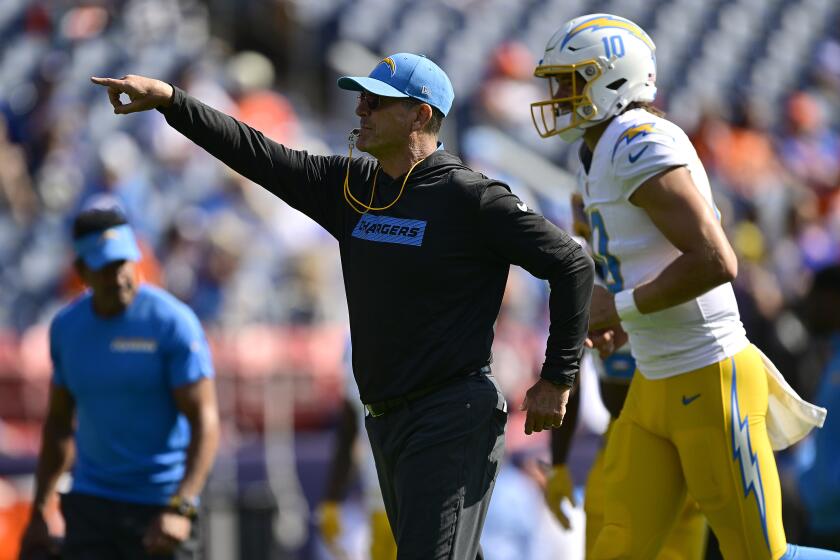On Faith: Scare your fears away
Have you ever noticed there are no benches in graveyards? No one wants to stay for long among the dead. Sometimes, seats or benches are provided for a funeral, but they are temporary and removed as soon as the family leaves.
But if you do come to rest among the dead, you will notice things: The ancient graveyard behind the abandoned church has a newly painted picket fence; the bright green Mylar balloon can’t wait to soar to heaven and waits for someone to cut its tether to the Earth; even the fastest drivers slow down to the pace of the honor guard; and the real graveyards are never decorated for Halloween.
Graveyards are scary and strange enough without decorations. Most graveyards are empty for Halloween. There are no spider webs, skulls with glowing eyes, animated pumpkins, ghosts or skeletons. Most of us never visit a graveyard on Halloween. I think we should. It would be good for our souls.
Halloween is not usually associated with being good for our souls. In our modern version, Halloween is about being scared to death. Just for fun, of course. Halloween wouldn’t be complete without a haunted house, a spooky front door, or someone scaring us with a loud “Boo!” We pay money to have people scare us. We have great fun taking on different personalities to see how far we can get away with things. It’s a time for pranks and mischief and lots of sweet treats.
But we have turned Halloween inside out. Originally the scariness had nothing to do with scaring us. Life itself was scary. The majority of children died before the age of 5. Adults were considered blessed by the gods if they lived beyond 40. The entire village could be wiped out in a few hours by raiders, storms, plagues, fires, or even by the ones sworn to protect it. Life was full of forces beyond people’s control.
Once a year, there was a chance — by dressing in costumes — to scare away death for another year. Or death could be bribed to go away. We know, of course, dressing up as Minnie Mouse or Darth Vader will not make any impact on cancer or drunk drivers or terrorists. But if we believed that dressing up as Freddie Kruger or Winnie the Pooh would ensure the safety of our house and family for a year, we would do it in a heartbeat.
The church could have ended these festivities. The church could have pointed out the silliness or the ineffectiveness of it all. But the church understood that we all need a day to laugh at death, to be silly about the things that really scare us. So the church gave it a new name: Halloween. Halloween is a short version for All Hallows’ Eve. Halloween was never intended to be a stand-alone holiday. It was like the eve before Christmas. Christmas makes Christmas Eve emotional and spiritual. All Hallows’ Day, or as we call it now All Saints’ Day, makes Halloween spiritual.
We know about setting days aside for death. In our country, we choose Memorial Day to remember those who have died in service to our country. Our sidewalks are often marked with memorials, candles and flowers to mark the place where a loved one died. In the 7th century, the church set aside a day — All Saints’ Day — to remember those who have died in the faith.
But the saints are not celebrated and remembered for what they accomplished, or the quality and character of their life, or where they died, or even for the countless good deeds they did. They are celebrated for the work they continue to do. The saints are remembered for being divine agents and workers in the world. God has raised them up from death, shared his own life with them, and sent them to share the grace.
We can make fun of death and evil because we know goodness prevails. The saints are alive. The saints arrive while it’s still dark to chase away all manner of fear and terror. They are the final word, God’s last laugh. On All Saints’ Day we remember that neither fear nor evil nor hate nor violence shall prevail. We can make fun of death and evil because we know that the saints, not the monsters, will show up at midnight. We could even walk in graveyards on Halloween and find our souls at peace, our fears at rest and our hopes soaring to heaven.
MARK WILEY is the pastor at Mesa Verde United Methodist Church in Costa Mesa.
All the latest on Orange County from Orange County.
Get our free TimesOC newsletter.
You may occasionally receive promotional content from the Daily Pilot.



